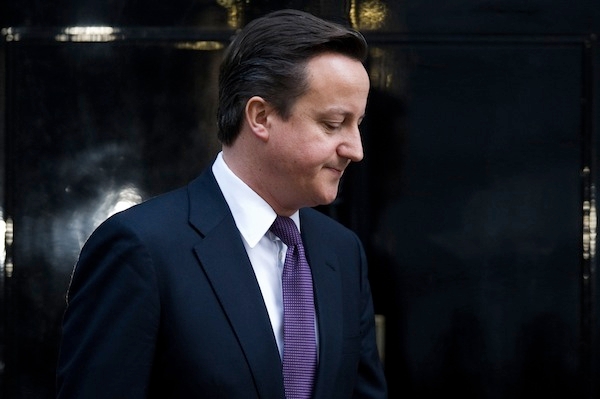When in 1996 the US Congress threw out Bill Clinton’s Federal budget they precipitated a partial shutdown of the US Government. However, anyone looking at the growing prospect of a UK EU budget veto and cheerfully imagining Eurocrats being shut out of their offices on 31 December 2013 will be disappointed. Because when it comes to EU budgets, a veto is not quite a veto – the EU will continue one way or another to claim its dues.
Nethertheless, a UK veto is not meaningless. Not least because, as we have set out here, the scenarios that could play out after a UK veto may not be that much worse for the UK than those already on the table (including, ironically, the UK’s own suggested ‘freeze’). It is important to realise that a ‘freeze’ in the overall EU budget could actually mean a rise in the UK’s net contribution. This is because the UK’s rebate only applies to spending in the ‘old’ member states and so shifting funds to the newer states would leave the UK out of pocket. We estimate that even under a ‘freeze’ the UK’s net contribution could rise by between €1 billion and €2.4 billion over seven years.
After a veto there are broadly two possibilities. The first is that the EU carries over its 2013 budget ceilings, adjusted for inflation. Member states would then have to negotiate an ad hoc deal, based on a Qualified Majority Vote rather than unanimity, which could see the overall EU budget increase above and beyond anything Cameron wants to see. However, this could actually mean a limited rise in the UK’s net contribution as the rebate reduction would not kick in.
Secondly, and less likely, the European Parliament could tear up the current budget altogether. Should they do so, the Commission could then table a completely new proposal for the annual budgets without any spending ceilings. These would be subject to QMV and could also lead to a large increase in the UK contribution. This would also be a major act of hubris as MEPs aren’t exactly popular as it is.
However, a clear majority of member states desperately want a new deal. The new member states would lose out from the previous year’s budget. In addition, all other budget corrections – including the Swedish and Dutch rebates on the UK’s rebate – will expire in 2013, while the UK rebate would stay, meaning many net contributors would also stand to lose if there’s no new deal.
This all gives the UK veto potency which should be used all the way up to 2014 to push for radical reform of the largest spending items such as the Common Agricultural Policy and to repatriate EU regional policy.
Christopher Howarth is senior political analyst at Open Europe.






Comments